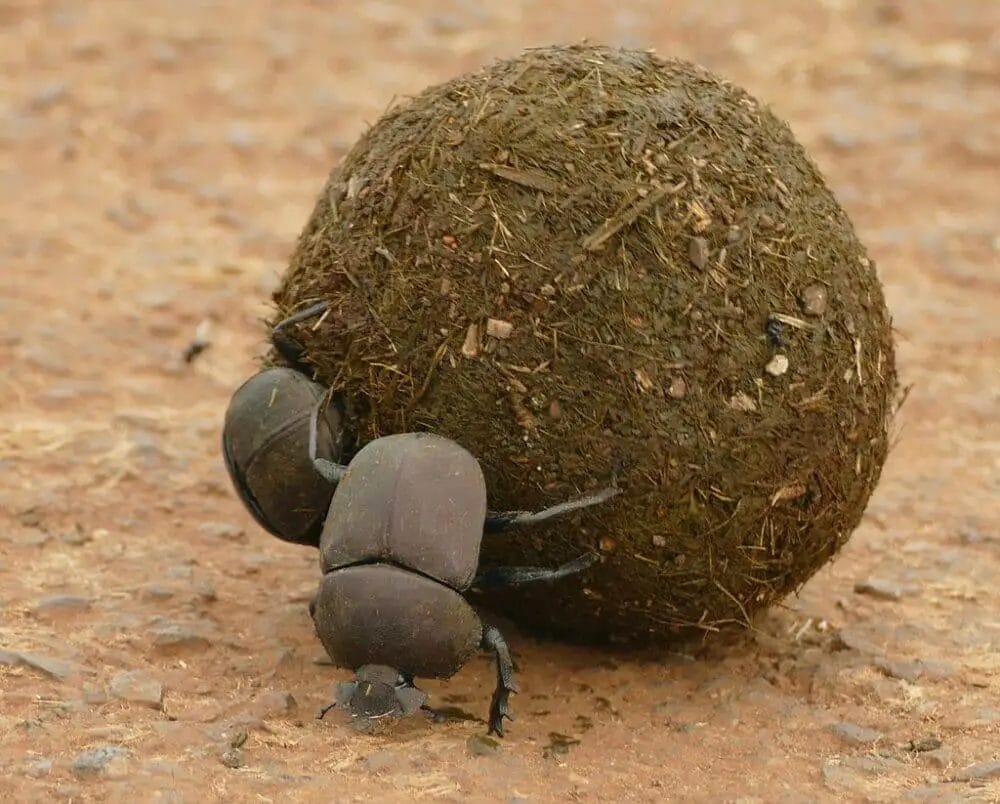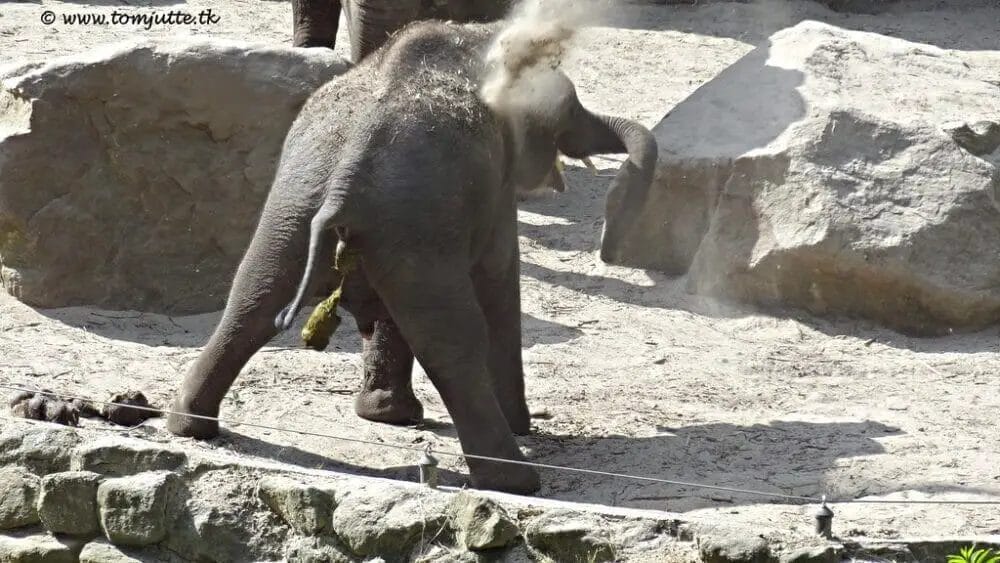Elephant feces, also known as dung, can weigh anywhere from 50 to over 200 pounds, depending on the size of the elephant and the type of food they have consumed. This can make elephant feces one of the heaviest types of animal feces in the world.
In this article, we will explore the factors that affect the weight of elephant feces, the composition of elephant feces, and the importance of elephant feces in the ecosystem.

Factors that affect elephant feces weight
Size of the elephant:
As with many other animals, the size of the elephant is one of the most significant factors that affects the weight of its feces. Larger elephants will produce more feces than smaller ones, simply because they have more body mass and therefore consume more food.
Diet:
The type of food that an elephant eats can also affect the weight of its feces. Elephants that consume more fibrous foods, such as plants and tree bark, will produce more feces than those that consume more easily digestible foods, such as fruits and leaves.
This is because fibrous foods are not as easily digested, and more of the plant material will pass through the elephant’s gut and end up in the feces.
The composition of elephant feces
Plant material:
The primary component of elephant feces is plant material, such as leaves, twigs, and bark. This is because elephants are herbivores and primarily eat plants.
Microorganisms:
The feces also contain microorganisms that help the elephant to digest its food. These microorganisms break down the plant material, making it easier for the elephant to absorb the nutrients.

Sand, dirt and undigested materials:
Elephant feces may also contain small amounts of sand, dirt, and other undigested materials that were ingested with the plant material.
The importance of elephant feces
Elephant feces play an important role in the ecosystem, as they provide food and nutrients for other animals and plants. For example, dung beetles and other insects feed on the feces, and in turn, these insects are a food source for birds and small mammals.
Elephant feces also help to spread seeds, which can help to promote plant growth and biodiversity in the area.
As the elephant defecates, the seeds in the feces are spread and can germinate to grow new plants. This is particularly important in areas where elephants are the dominant large herbivore and play a key role in seed dispersal.
Elephant feces can also act as a source of water and minerals, as it can hold water in dry regions and this water can be used by other animals and plants.
Conclusion
Elephant feces can weigh a significant amount and its weight is affected by the size of the elephant and its diet. The composition of elephant feces is mainly composed of plant material, microorganisms and other undigested materials.

Understanding the composition and importance of elephant feces can help us to better understand and appreciate the role elephants play in their ecosystem.
Elephant feces play an important role in food chain, seed dispersal, promoting plant growth, biodiversity and as a source of water and minerals. This not only highlights the importance of elephant conservation, but also the interconnectedness of all living things in an ecosystem.
How often do elephants defecate?
Elephants typically defecate several times a day, depending on their diet and activity level. They tend to defecate more frequently when they are consuming large amounts of food or when they are moving around a lot.
Do different elephant species have different types of feces?
There are several different species of elephants, and while their feces may have some similarities, there can also be some differences. For example, Asian elephants and African elephants have different diets and different types of habitats, which can affect the composition of their feces.
Are elephant feces harmful to the environment?
Elephant feces can have both positive and negative effects on the environment. On one hand, as discussed earlier, it helps to promote plant growth and biodiversity.
On the other hand, if an elephant population becomes too large for its habitat, the feces can accumulate and lead to issues such as soil erosion and water pollution.
Can elephant feces be used for anything?
Elephant feces can be used for a variety of purposes, such as fuel, fertilizer, and even paper production. In some cultures, elephant dung is also used in traditional medicine.
However, it’s important to note that the use of elephant feces should not be harmful to the elephant population or their habitat.
Are there any risks associated with handling elephant feces?
While elephant feces are not considered to be toxic, they can carry harmful bacteria, viruses, and parasites. Therefore, it is important to take precautions when handling elephant feces, such as wearing gloves and washing your hands thoroughly.
Additionally, it’s important to avoid ingesting or inhaling the feces, as this can cause health problems.

